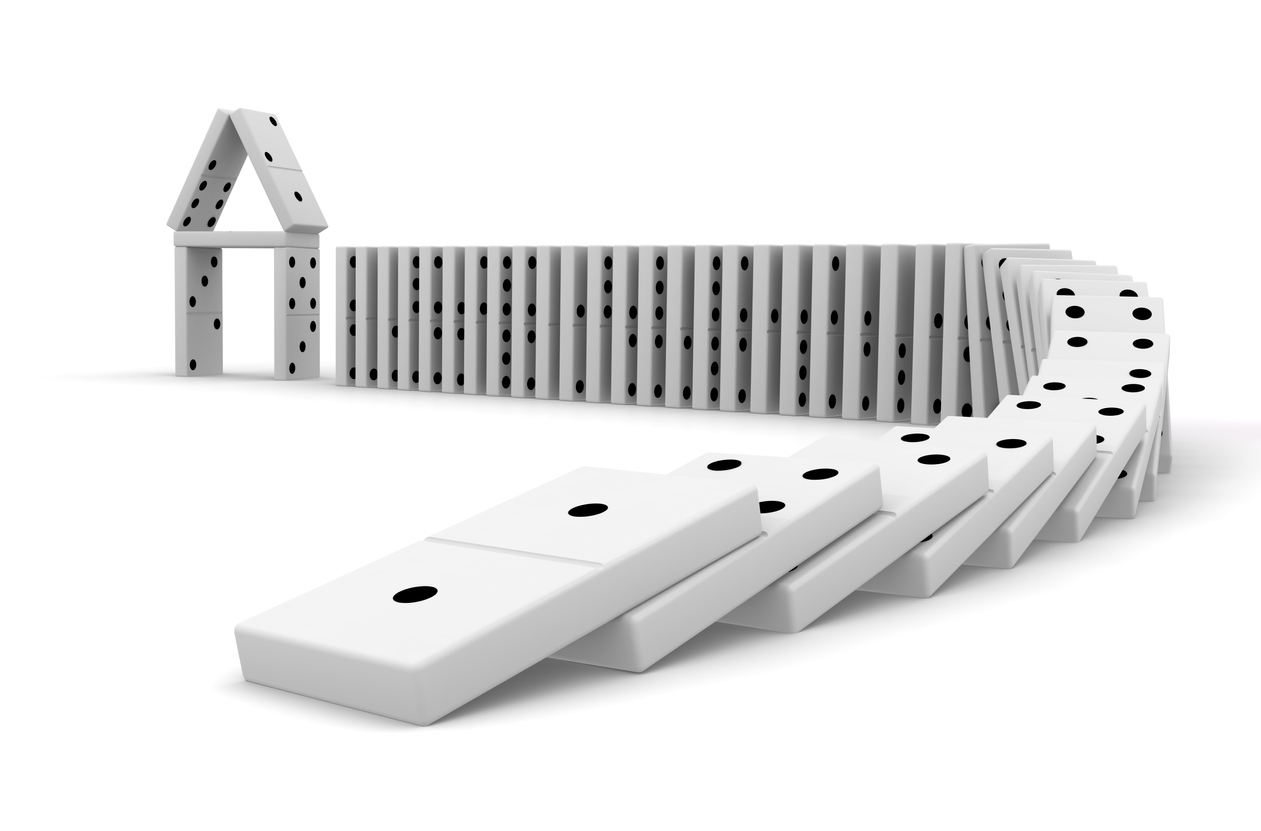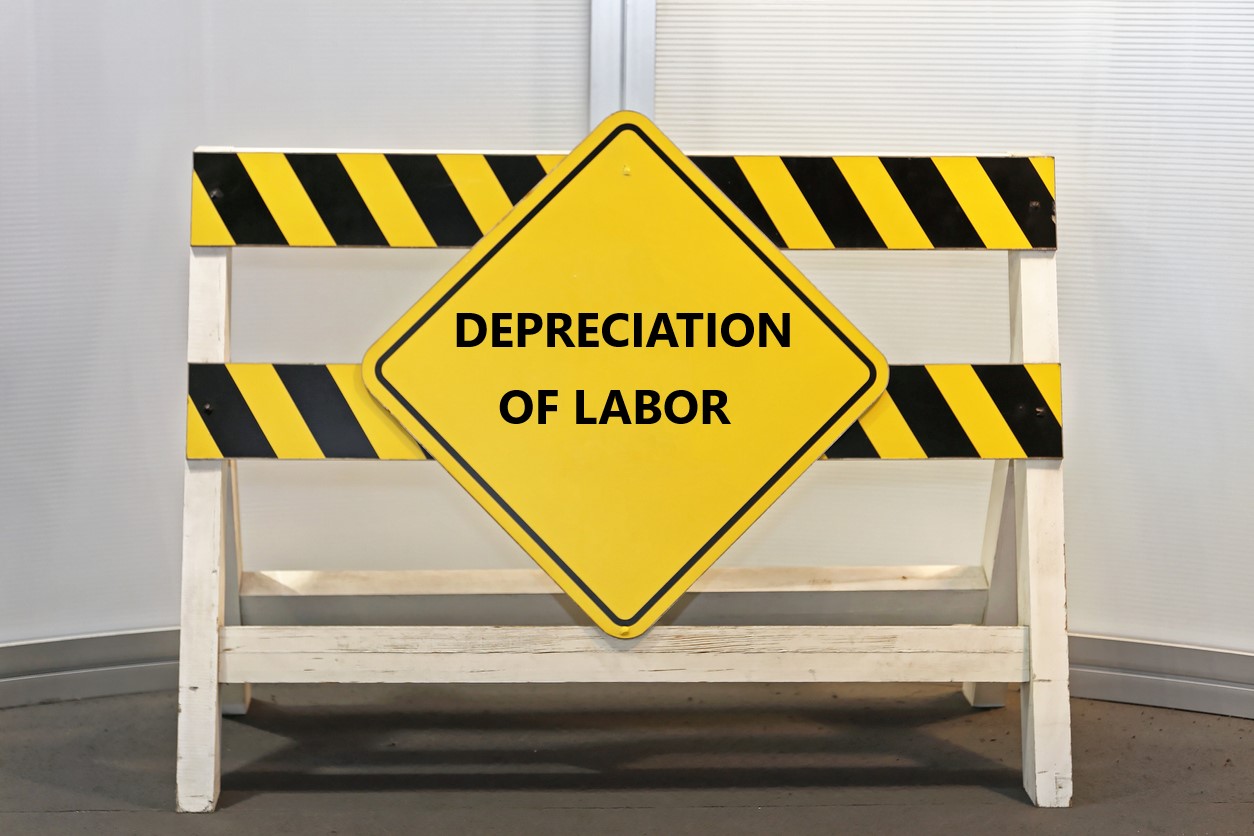One of the most fascinating parts of my job is learning of the extraordinary events that happen to people. Just when I think I have heard it all, I catch myself saying, "you’ve got to be kidding!" The client’s typical response usually is, "I know, I wouldn’t have believed it either, but…," and the remaining details are explained. Sometimes, I notice that I am smiling at the story and thinking hard about how the catastrophe can be covered under an insurance policy. Then, I end up apologizing for not seemingly being more empathetic to their predicament, but the mental exercise of applying a theory of financial insurance recovery to the facts is fun for me. This is how I use my limited talents; it has become my life’s work.
While researching concepts of "windstorm" coverage, I recently came across an older Texas case and fact pattern that made me smile-almost laugh. I am certain the attorney first hearing it must have felt the same way. I assume the insurance adjuster was not so amused by the facts.
Howsley, an avid outdoorsman, lost his personal property consisting of camping and fishing equipment, clothes and camera equipment when two rubber boats or rafts overturned while floating down the Rio Grande River in New Mexico. The only evidence concerning the accident is found in Howsley’s deposition. Howsley and a friend were in the two rubber boats which were attached to each other as they floated down the river at the place he referred to as the "Rio Grande Gorge". They experienced difficulty in rowing the boats because of a current which was "split by a large rock". The currents apparently caused the two boats to float "sideways". The boats washed up against the large rock "one of them went on this side and the other on this side". The men were rowing against the wind which Howsley described as "a terrifically strong wind". He testified that when the boats came to rest on the rock the wind "flipped it over like flipping a match or something". His testimony was to the effect that the force of the impact of the boat upon the rock did not overturn the boat but that it was caused by the wind. The equipment was lost in the river when the boat capsized.
Employers’ Fire Ins. Co. v. Howsley, 432 S.W.2d 578, 579 (Tex. Civ. App. Amarillo 1968) (emphasis added).
Howsley’s insurance policy covered his personal property for "windstorm" loss. Howsley’s insurance company took a position that I am going to hear hundreds of times from TWIA and other Texas insurers in the near future, just as in Hurricane Katrina litigation:
One of the exclusions of the policy provides: "This insurance does not cover a loss caused by or resulting from:
(1) flood, surface, water, waves, title water or title wave, overflow of streams or other bodies of water, or spray from any of the foregoing, all whether driven by wind or not."
Howsley, 432 S.W.2d at 579.
Howsley won. The Court upheld the trial court’s finding that the lost was not excluded and that a "windstorm" caused the loss:
One of the perils insured against was "windstorm", which has been defined as "something more than an ordinary gust of wind, no matter how prolonged, and though the whirling features which usually accompany tornadoes and cyclones need not be present, it must assume the aspect of a storm." Fireman’s Ins. Co. v. Weatherman, Tex.Civ.App., 193 S.W. 2d 247 (ref’d n.r.e.). The case cites other authorities approving similar or identical definitions. Howsley described the wind as "terrifically strong" and said the wind was "blowing up the canyon". We think the record is sufficient to bring the loss within this insured peril of the policy, and that the "terrifically strong wind" was the dominant and efficient cause of appellee’s loss. The evidence does show the split or divided currents were instrumental in forcing the raft upon the rock. Although this condition did contribute to the circumstances leading to the loss it was not the efficient cause. It has been held that if a windstorm is the dominant or efficient cause of loss the insured may recover notwithstanding that another cause or causes contributed to the damage.
Howsley, 432 S.W.2d at 580.
Texas Slabbers and others should get the same result so long as they do not give up the fight. Maybe there is some good that arises out of a situation which may seem terrible at first. That is an idea which should be contemplated since many of us have just celebrated Passover and Easter.



